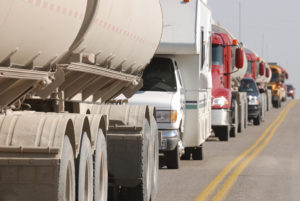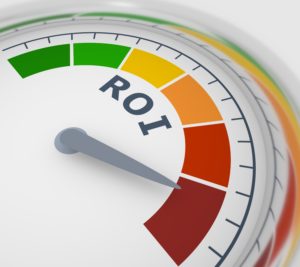As hurricane season approaches, businesses must take proactive measures to prepare their logistics for potential disruptions. Natural disasters, such as hurricanes, can have a significant impact on supply chains, transportation routes, and even communication systems, resulting in delayed shipments, lost goods, and reduced productivity. The good news is that there are steps businesses can take to mitigate the effects of these events.
Steps to Prepare Your Logistics for Hurricane Season
Hurricane Preparedness Plan
To start, businesses should create a comprehensive hurricane preparedness plan. This plan should include a clear strategy for how to handle various scenarios, such as disrupted supply chains, transportation challenges, and communication difficulties. Businesses should identify critical assets, such as inventory and equipment, and determine how they will be protected. They should also assess their vulnerabilities and determine what steps they can take to minimize their risks.
Securing Fuel Contracts Ahead of Time
The economic principle of supply and demand dictates that prices skyrocket when demand surpasses supply. This is especially true during hurricane season when both individuals and businesses scramble to stockpile fuel for their vehicles and generators. This sudden increase in demand, coupled with a slow supply response, often leads to inflated fuel prices.
To avoid the financial ramifications of such a scenario, it’s wise to secure fuel contracts in advance. Fuel contracts allow you to lock in your fuel consumption rates at a predetermined price, shielding your fleet budget from unanticipated price spikes. Without this protection, you may have to pass on higher costs to your customers or incur losses that could harm your bottom line.
Developing Reliable Carrier Connections
Even carriers, who are crucial components of the supply chain, can be affected by disruptions during hurricane season. If your fuel supplier is unable to meet your needs, what do you do?
This is why it’s essential to have contingency plans in place, including reliable carrier relationships. Establishing solid connections with multiple suppliers and knowing where your fleet can access fuel is critical. It’s also important to verify that your carriers have backup plans in place. When a crisis hits, a wide-ranging network of resources is necessary to ensure that your fuel needs are met.
Preparing for Unforeseen Circumstances
In addition to having a network of dependable fuel suppliers, it’s crucial to plan for contingencies by mapping out multiple fueling options for your fleet. This includes developing a backup plan in case one carrier is unable to meet your needs. What will be the next course of action if Plan B also falls through?
If you’ve been relying on your own inventory, it’s best to reserve it for use after the storm. It’s also wise to establish a protocol for when retail fueling may be more practical. Despite the added expense, the reliability and convenience of retail fueling may be worth it during hurricane season.
By having a comprehensive plan in place for different scenarios, you can avoid making hasty decisions during a crisis and ensure that your fleet remains fueled with minimal impact on your business’s financial health.
Take Hurricane Season Seriously and Prepare NOW!
It is crucial to take hurricane season seriously and invest in the necessary preparations to ensure that your logistics can weather any storm. By creating a comprehensive hurricane preparedness plan that includes proactive measures and a clear strategy for reacting quickly, you can minimize the potential downtime, lack of fuel, and decreased productivity. With the right strategies and resources in place, you can emerge from these natural disasters with minimal setbacks and get back to business as usual as quickly as possible.
Need help? Reach out to our team to learn about our disaster-resistant fuel solutions and recovery options.








